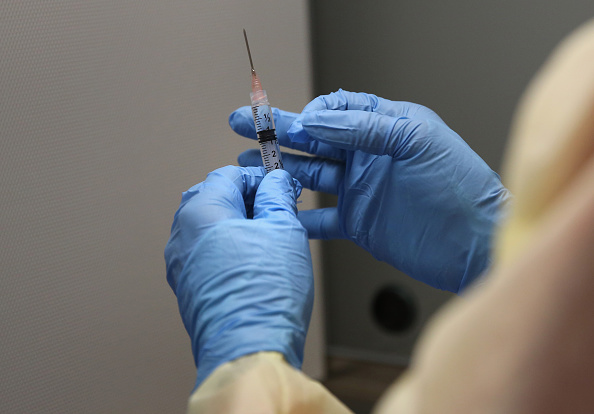
There are already a hundred HIV-AIDS vaccines designed to date, all of which are geared towards treating patients that are infected with the virus. And at last, after 15 years of concrete research, a newly developed AIDS vaccine is now about to be used in clinical trials. The research was spearheaded by Robert Gallo, the pioneer who proved in 1984 that HIV is the root cause of the disease.
According to multiple reports, the launch of the new AIDS vaccine in its first human clinical trial will require 60 people and will simply test the safety and immune responses elicited by the vaccine. ScienceAlert writes that although some of the previous vaccines hold a promise in treating AIDS, what really challenges this research is the fact that HIV targets T-cells and easily shuts down the immune system once it gets in.
But what is unique in this new vaccine is that it contains a version of HIV's surface protein, known as gp120. These will induce the production of antibodies that will fight against HIV virus before it changes the function of the T-cells.
As reported in the news release of Science, gp120 first attaches to the CD4 receptor on T-cells and modifies its conformation so that the hidden parts of the virus will get exposed. Another receptor, called CCR5, binds as well before HIV can enter the soldier cells and induce an infection. The antibodies stimulated by the vaccine shall detect the surface protein of the virus and block the virus from binding with CCR5 to halt the infection before it develops into AIDS.
Gallo admitted that it took so long for them before they proceed with clinical testing. They encountered the usual challenges in research which include searching for funding. He also said that the team had tested the vaccine in monkeys and was able to see promising results.
"Was anything a lack of courage?" Gallo asked Science. "Sure. We wanted more and more answers before going to people."
Now the trial is on its way with the support of Profectus BioSciences, a biotech that results from the splits off of the Institute of Human Virology (IHV). The initial phase is expected to last about a year and would include more patients when it advances to the final phase. It would also take a moment before FDA approves its use, the Baltimore Sun reported.
George Lewis of IHV led the research team in developing the new vaccine.
